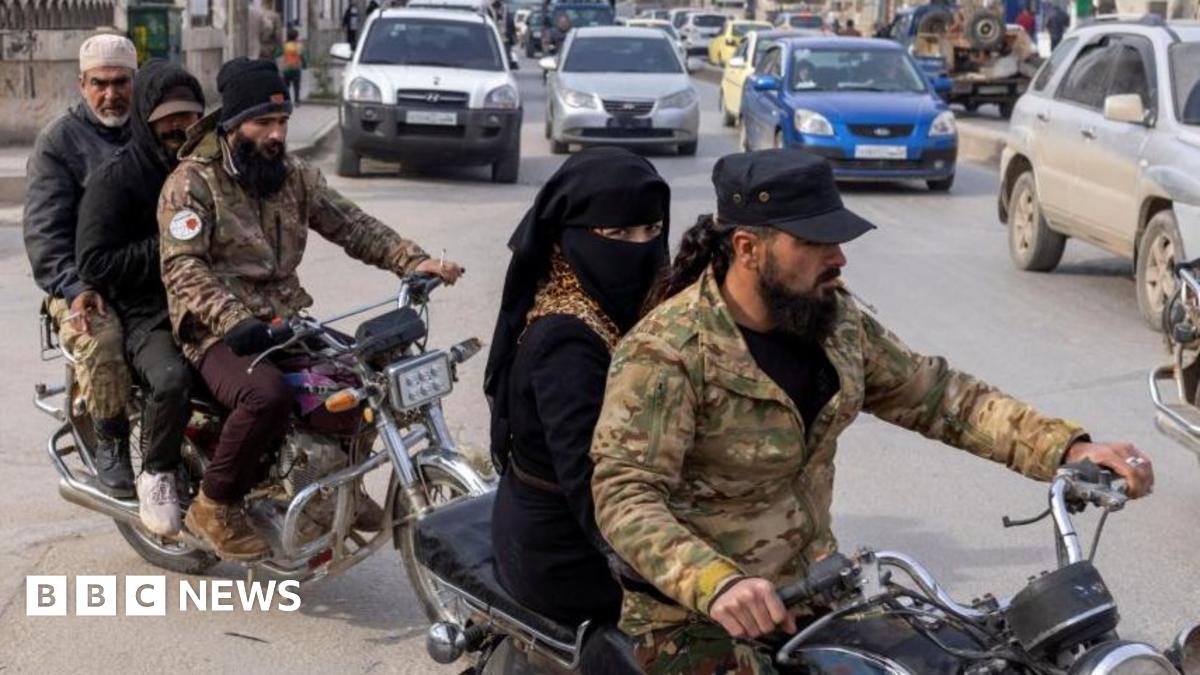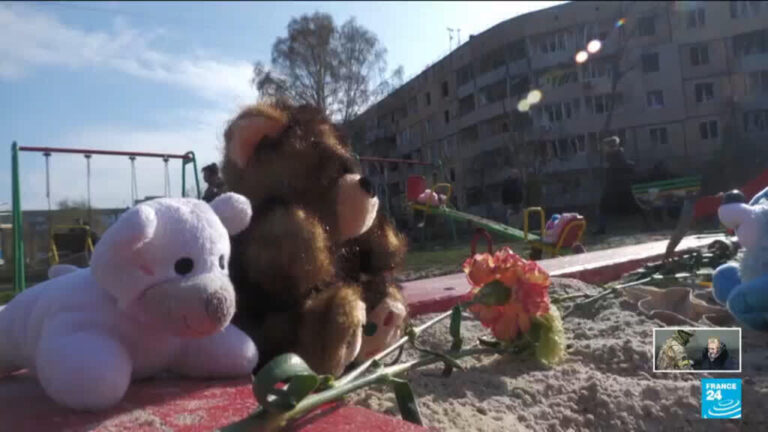Rebel rule in Idlib hints at what the rest of Syria can expect
HTS has origins in al-Qaeda, but in recent years has actively sought to rebrand itself as a nationalist force away from its jihadist past and intent on overthrowing Assad.
As fighters marched into Damascus earlier this month, its leaders spoke of building a Syria for all Syrians. However, it is still described as a terrorist organization by the US, UK, UN and others, including Turkey, which supports some Syrian rebels.
The group took control of most of the region of 4.5 million people in 2017, bringing stability after years of civil war.
The administration, known as the Salvation Government, handles water and electricity distribution, garbage collection, and road surfacing.
Taxes collected from businesses, farmers and crossings with Turkey fund its public services as well as its military operations.
“They used to say that Idlib was a forgotten city during Assad’s time,” said Dr Hamza Almoraweh, a cardiologist who treats patients at the hospital built in an old post office.
He and his wife fled Aleppo in 2015 when the war there escalated, but had no plans to return, even with the city under rebel control.
“We have seen a lot of development here. There are many things in Idlib that were not under the Assad regime.”








